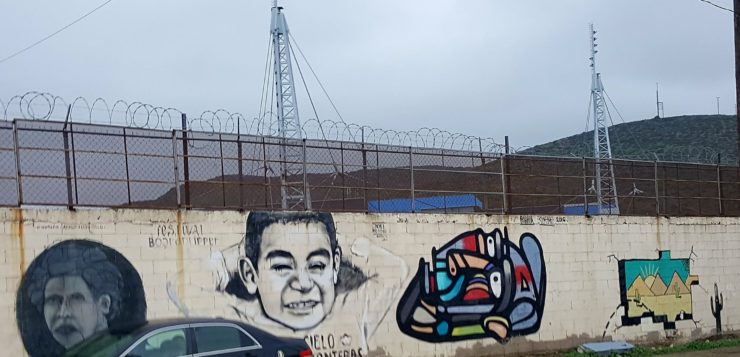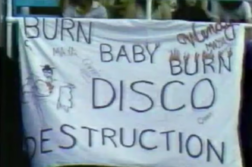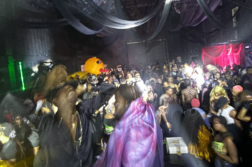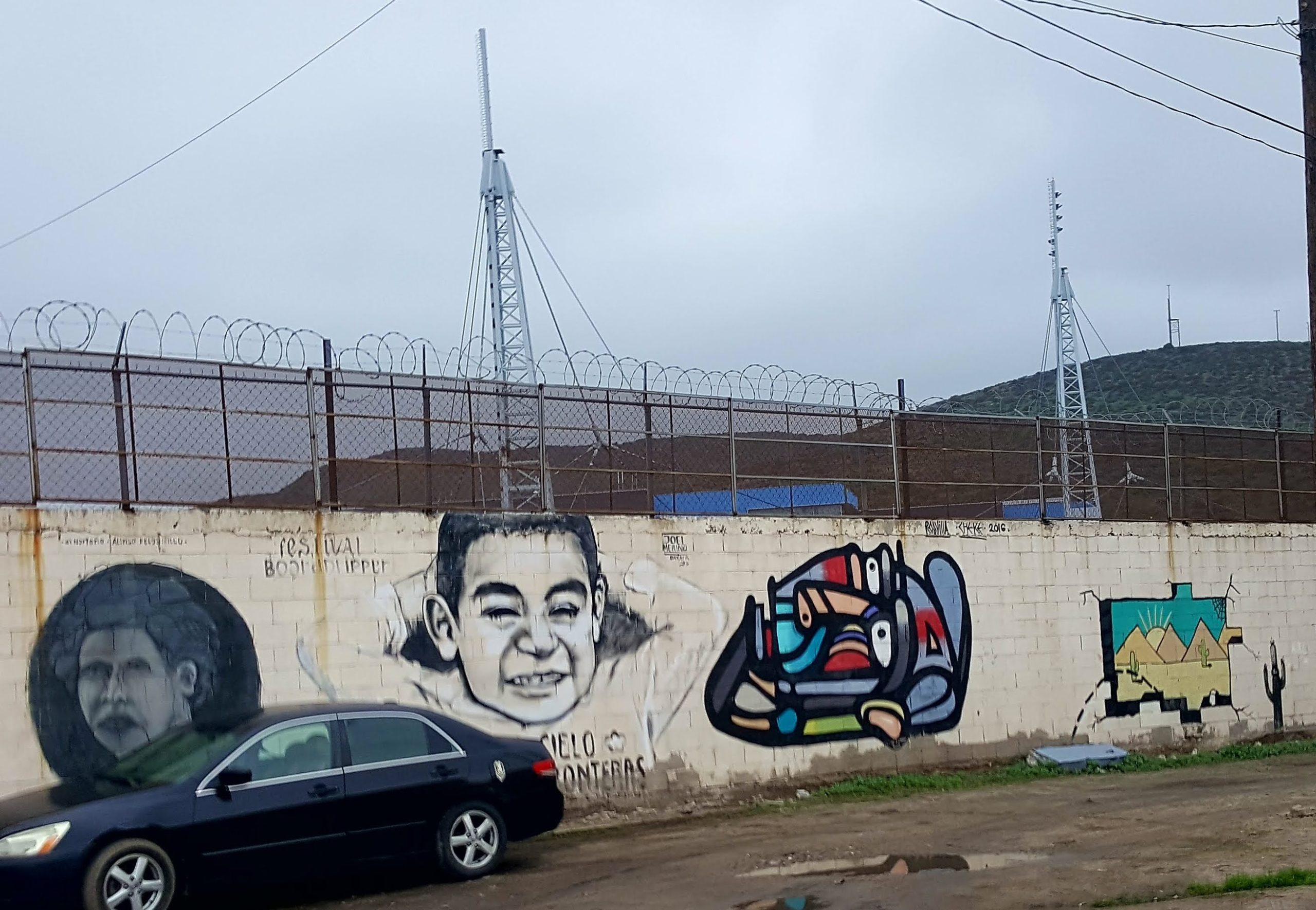
IN EARLY JUNE 2020 my family, a new friend of mine, and I were sitting on a blanket in the sun. My partner was spreading out food for a picnic in a park in Northampton, MA. My nine-year-old was yelling with joyful abandon running around with the dogs up and down a grassy hill. My companion said softly, “I’ve never experienced anything like this.”
“Like what?” I asked.
“Family,” she answered simply.
She has people she’s related to of course, but what she was referring to is being able to live as a trans woman free of discrimination, hatred, and violence from strangers and family alike. To her, family means being supported without having to hide, without having to flee.
Violence against transgender people has risen across the globe. According to the ACLU, one in four transgender people has experienced assault, and the majority of deadly attacks are against trans women of color. According to the Trans Murder Monitoring Project, the top three countries for rates of murder are Brazil, Mexico, and the U.S. Still, record numbers of trans people are fleeing to the U.S., especially from Central and South America. Despite the murder rate, despite the avalanche of anti-trans bills proposed over the past year, despite the higher rate of persecution within detention centers, people from all over the world still believe they can have a life here and be safe.
When I went to the southern border of the United States in January of 2019 to do accompaniment as a United Church of Christ (UCC) minister, I hadn’t planned on returning home to start the Trans Asylum Seekers Ministry Alliance. The Trans Asylum Seekers Ministry Alliance is now an alliance of United Church of Christ churches in the Southern New England Conference with Quaker and Buddhist partners providing housing, financial and emotional support, and legal and medical advocacy to trans asylum seekers.
There was already so much suffering at the border, as the U.S. had reduced the number of border checkpoints and reduced the number of cases they would process per day. Then the Trump administration enacted the Migrant Protection Program (MPP), colloquially known as “Remain in Mexico,” such that tens of thousands of people were sent back or forced to stay in Mexico without shelter, food, or protection from assault, kidnapping, and murder while their asylum cases proceeded in the U.S.
Now Biden has announced that the MPP is going to be phased out. The first group of asylum seekers was allowed to cross the border in San Ysidro on February 19th. Some of these people will be able to connect with family already here. For a majority of trans people though, it is both state discrimination and family violence that they are fleeing when they come to the U.S.
Most of the trans immigrants I know have experienced assault by the police, by strangers, and by family. In some countries, it is illegal for trans people to work, and in the U.S. asylum seekers have to wait six months to a year to get a work permit. Still, whenever my immigrant friends have money, they send it home to that same family to care for siblings, cousins. As one trans woman said: “It’s different here in the U.S., where everyone sees themselves as an individual. Where I come from, if we have anything, we share. We are expected to take care of one another.” Despite the mistreatment she has experienced, she often struggles because she cannot help as many people as she would like, as many people are in need.
In some ways, this is how the Trans Asylum Seekers Ministry Alliance got started. A pair of UCC churches helped one trans woman of color get released from detention to begin the process of seeking asylum. But immediately we began to ask what about the friends left behind. And what about their friends?
The Church has a particular responsibility to welcome and support trans people, because the Church has played such a major role in driving the hatred and persecution of queer and trans people throughout history.
We could not sit by knowing the evil that has been and continues to be done in the name of Christianity. Hatred and persecution are antithetical to the radically inclusive message of Jesus who was well known in his time for saying, “Sex workers are getting into heaven before you” to the church elite, or “The rich will go away empty while the hungry are fed.” It’s also contrary to what his earliest followers said: “There is neither male or female; we are one in Christ.”
We are excited about the ending of the MPP, but we are aware of the limited number of services that exist. Asylum seekers are a different legal category from refugees and have no access to refugee services. Many grassroots groups, including ours, have sprung up or expanded to fill this gap. Whatever changes come politically, what remains constant is the power and inspiration of being able to begin a new life—while dreaming of and building a new world together.
I close with the words of a trans woman from Honduras: “I’m so grateful to the community, to the church, to everyone. My life has been hard, and all I wanted was to be able to be my inner self. Now, I am free.”
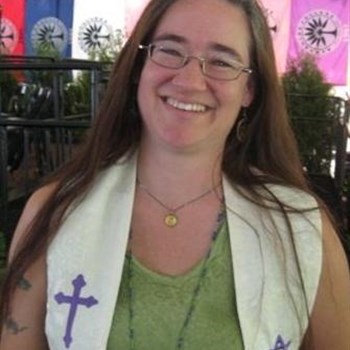
Liza Neal is an ordained UCC minister and manager of Seala ag Canadh: Beyond Binaries & Borders.


